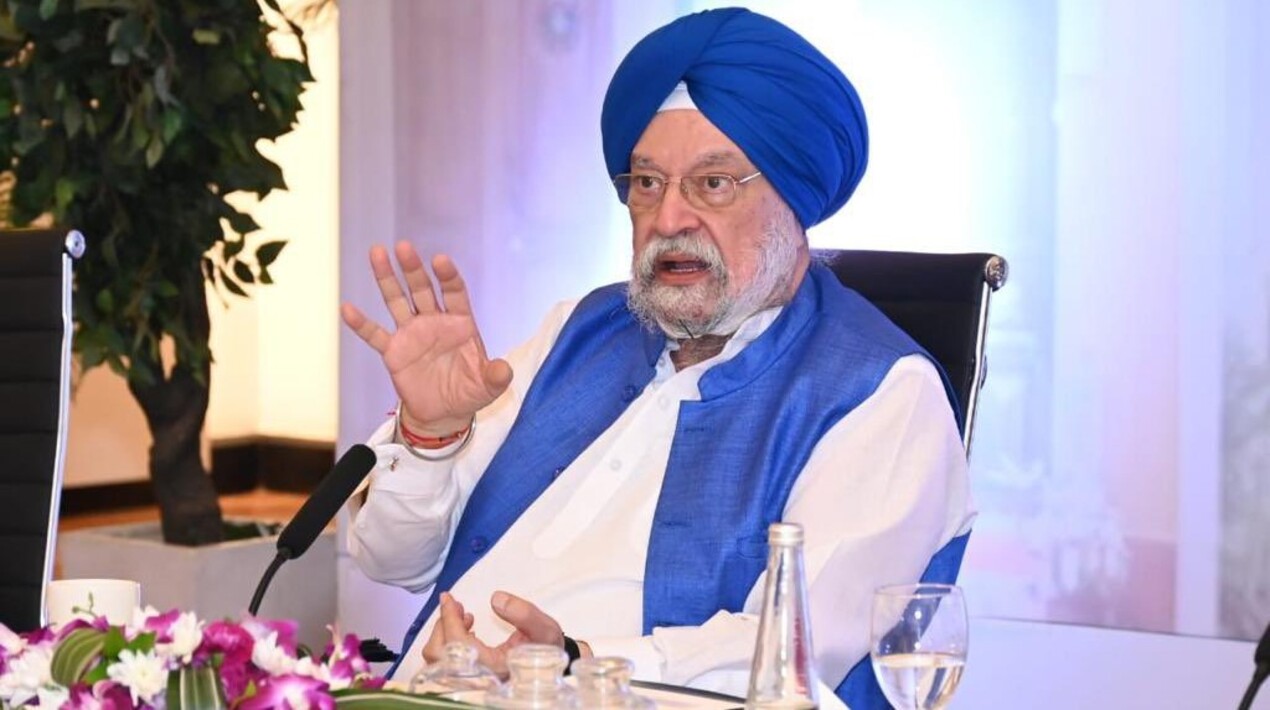
The consultative committee of the Ministry of Housing and Urban Affairs was briefed by Hardeep S. Puri, the Minister for Housing and Urban Affairs, about the progress made in the Smart Cities Mission. Minister Puri highlighted the significant advancements taking place within the 100 smart cities and their positive impact on India’s urban future. He underscored the vital role played by Special Purpose Vehicles (SPV) in effectively managing and implementing the mission at the city level, thus maximising its potential.
The Smart Cities Mission, launched in June 2015, seeks to enhance the lives of citizens by implementing “smart solutions” that focus on core infrastructure, a clean and sustainable environment, and a high quality of life. Under the initiative, 100 cities were selected through a two-stage competition to be developed as Smart Cities. According to the government, the regions are showcasing satisfactory advancements.
The Smart Cities Mission is overseen by an Apex Committee led by the Secretary of the Ministry of Housing and Urban Affairs. They regularly provide updates on the implementation status of projects through the Real-Time Geographical Management Information System (GMIS). According to the Smart Cities Mission Statement and Guidelines, each city establishes a Smart City Advisory Forum (SCAF) at the local level to facilitate collaboration and provide guidance. The SCAF comprises various stakeholders such as Members of Parliament, Members of the Legislative Assembly, the Mayor, the District Collector, local youth, technical experts, and other relevant parties. So far, the Smart Cities have convened more than 756 SCAF meetings.
In addition, at the state level, a High Powered Steering Committee (HPSC) chaired by the Chief Secretary has been established. This committee plays a crucial role in overseeing the Smart Cities Mission within the state. Furthermore, the Ministry of Housing and Urban Affairs appoints Nominee Directors to the Boards of Special Purpose Vehicles (SPVs) who actively monitor the progress of projects in their respective cities.
The Committee conducted visits to various project sites in Goa, including the ‘Mandovi Riverfront Promenade’, ‘Flood Mitigation Works’, and the Integrated Command and Control Centre (ICCC). During these visits, the status and progress of the projects were discussed as of 1 May 2023. It was highlighted that the Smart Cities Mission comprises approximately 7,800 projects with a total value of INR 1.8 trillion (US$ 21 billion). Out of these, more than 5,700 projects (73% by number) worth INR 1.1 trillion (US$ 13.3 billion) (60% by value) have already been completed. The remaining projects are expected to be completed by June 2024. Also, INR 38,400 crores (US$ 4.6 billion) have been released under the Smart Cities Mission as of 1 May, out of which INR 35,261 crores (US$ 4.2 billion) has been used.
The Ministry maintains regular communication and engagement with the states and Smart Cities through video conferences, review meetings, field visits, regional workshops, and more. These interactions occur at different levels and serve multiple purposes, including assessing the performance of cities and providing necessary support and guidance for their improvement.
An official said that ICCCs play a crucial role in enhancing situational awareness through the utilisation of advanced technologies. These centres provide comprehensive visualisations that enable civic officials to effectively address various urban functions and handle daily tasks, issues, and emergencies following detailed standard operating procedures. ICCCs have evolved into the central hubs of these smart cities, showcasing the effective application of technology in fortifying urban management.
















